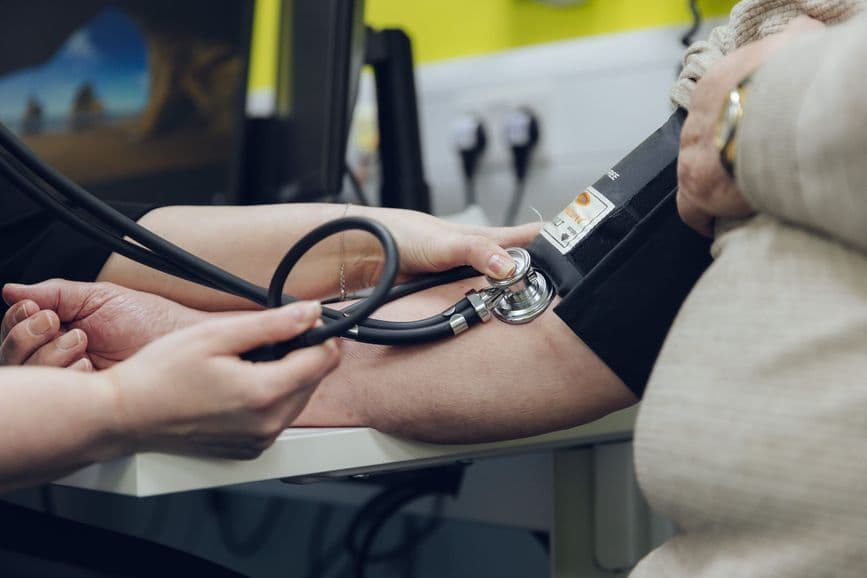Tirzepatide - a new chapter in obesity treatment
Dr Patterson, a GP working on the frontline of primary care, describes why he is encouraged by NICE's approval of tirzepatide (Mounjaro).

As a GP working on the frontline of primary care, I've witnessed first hand the harmful impact of obesity on our patients' lives.
In my clinic, I regularly see patients whose weight is seriously affecting their health, increasing their risk of heart disease, cancer, and stroke.
The prevalence of obesity-related conditions has risen steadily throughout my career, and it's become one of the biggest causes of health inequalities in our communities. That's why I'm particularly encouraged by NICE's approval of tirzepatide (Mounjaro), the latest in a new generation of medicines that represents a meaningful step forward in our treatment options.
The latest in a new generation of obesity drugs
Tirzepatide has been shown in clinical trials to be more effective than diet and exercise support alone, and when compared with the weight loss drug semaglutide, alongside diet and exercise support.
An independent NICE committee recommended the self-administered weekly injection, because the evidence they were presented with suggested this medicine provides a cost-effective use of NHS resources for some patients. When people with obesity who already have weight-related illness lose weight, it reduces their risk of developing further health complications due to their obesity. This prevents future ill health and saves money for the NHS that can then be reinvested in other services.
NICE’s recommendation
NICE has recommended the medicine for people with a body mass index of more than 35 and at least one weight-related illness. However, as this accounts for a very large number of people (around 3.4 million in England), the roll out of tirzepatide has to be carefully managed to help ensure that other health services are not impacted in a disproportionate way. It’s been recognised that we need to implement it thoughtfully and systematically, ensuring that we can provide the right support to the right patients at the right time.
Targeting those with the highest clinical need first
So, over the next 3 years around a quarter of a million people who have the highest clinical need will be offered it, alongside a reduced-calorie diet and increased physical activity.
We know that health services are evolving all the time, and so it is likely the world in which we will operate will look very different years from now. Therefore, NICE has taken the unprecedented decision to carry out a further review of the tirzepatide roll out after 3 years. This will enable us to provide further advice on how the continued roll out of this medicine can be managed using the learning gained from the initial phase. We can then ensure it reaches everyone who is eligible in a safe and effective way.
NHS England’s commissioning guidance
Colleagues at NHS England have advised us that they will publish their interim commissioning guidance early next year, and the first prioritised group to be offered care outside of specialist weight management services will start to receive tirzepatide from 180 days after NICE final guidance is published.
Other useful and useful advice on obesity treatment options
We know that tirzepatide and drugs like it are not suitable for all of our patients. Therefore, I am pleased that NICE is also releasing its guideline offering other options to help people living with overweight and obesity. It includes evidence-based recommendations on the prevention and management of overweight, obesity and central adiposity in children, young people and adults. It brings together and updates all of NICE's previous guidelines on overweight and obesity.
Stay informed
I would encourage anyone keen on staying up to date with the latest from NICE to sign up to one of their newsletters, including one specifically for those of us working within primary care.
